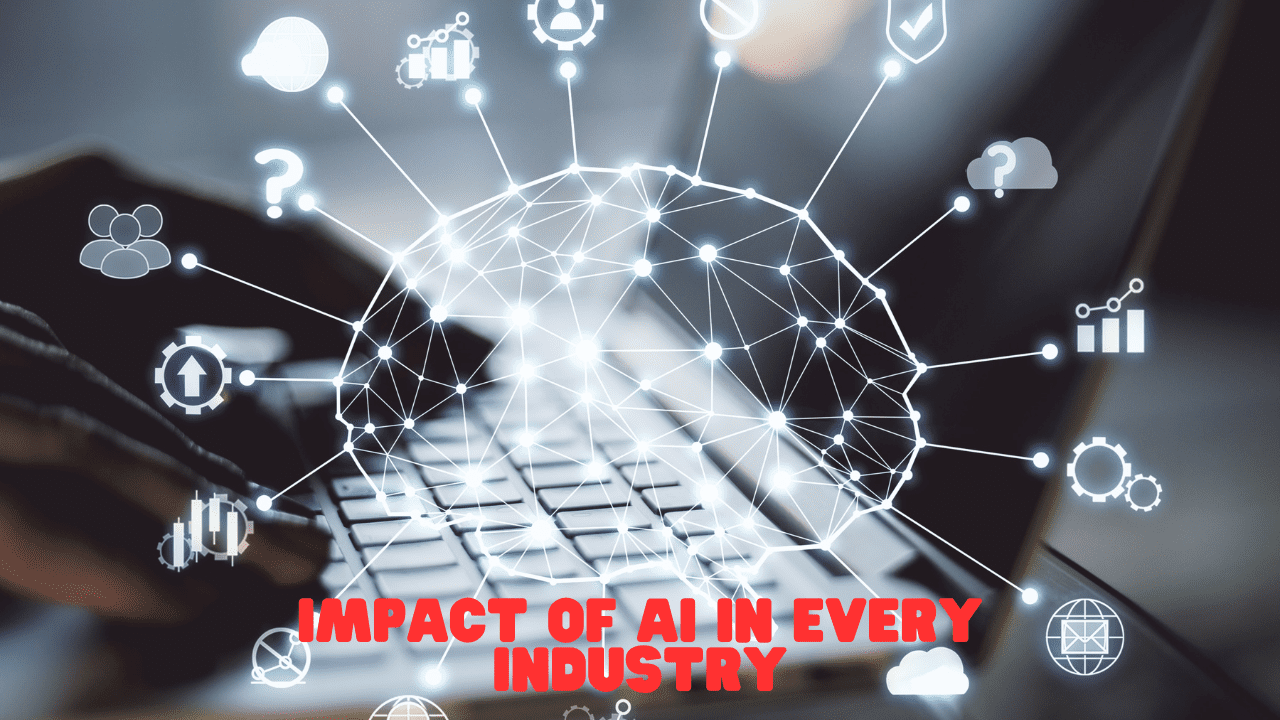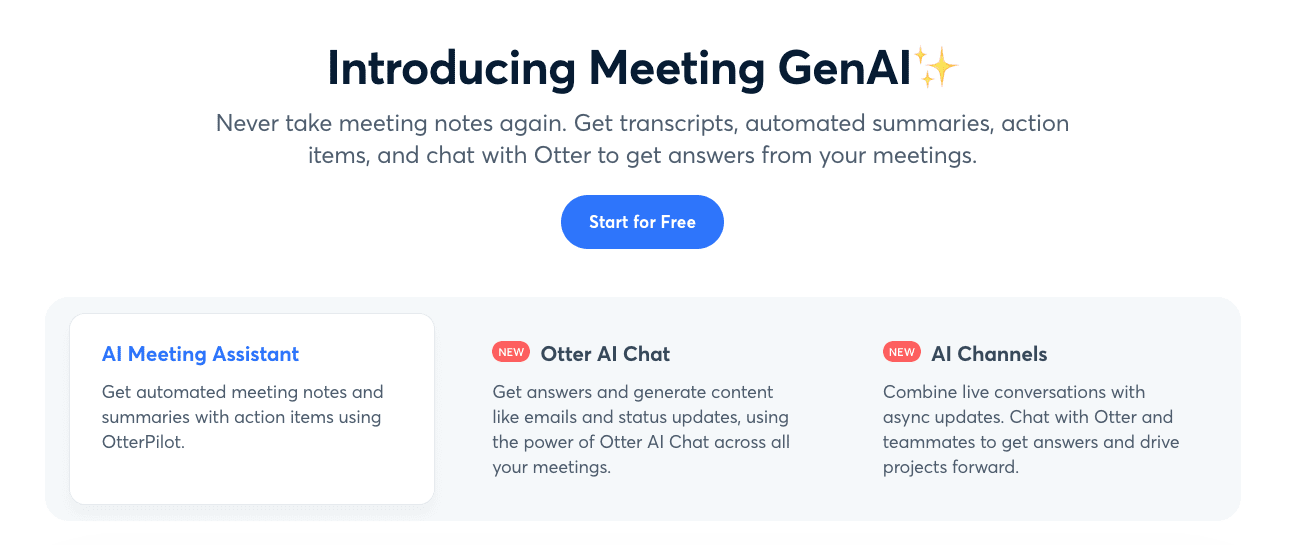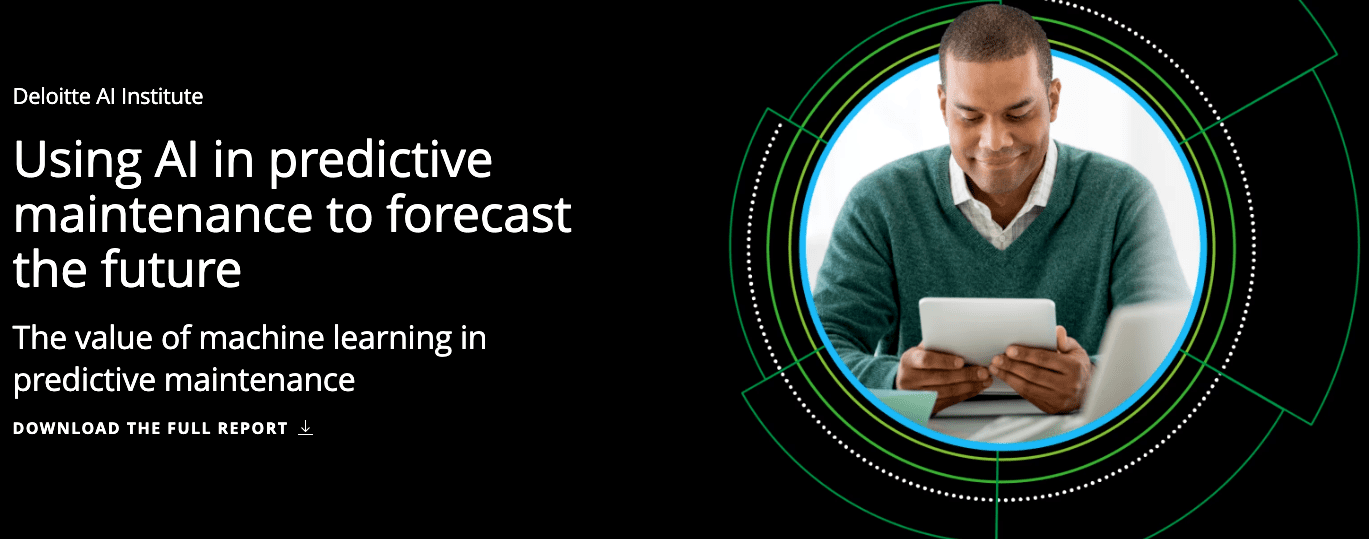
Source: Canva
AI has shown immense potential and promise in solving problems that were previously assumed as a work of fiction. Let’s explore the various ways it is impacting the tech industry. As AI enters our lives in a rather seamless way – think of facial recognition helping unlock phones, or Alexa and Siri, enriching experience with voice-enabled technologies, it is truly ubiquitous.
This post highlights some of the pathbreaking AI innovations made possible in the world of technology.
Recommendations
We are living in a very fascinating world of hyper-personalization. Based on historical purchases and user characteristics, we are shown not just the advertisements, but also the news in our feed that reflects our interests. Open up social media and your entire experience is tailored to match your preferences – be it the content you see to the recommended list of people you should connect with.
It feels overwhelming but is almost equivalent to having a mini-world curated to serve you, which extends to the concept of echo chambers. The hyper-personalization has created filter bubbles making the users less receptive to diverse world-views, reinforcing their existing beliefs.
Note-taking and Summarization
As if attending meetings was not enough in the first place, you were previously taking notes by yourself. Welcome to the world of AI, which has taken digitalization to a whole new level. It spares you the need to create, collect, or curate notes from your meetings.
AI provides a summary and takes notes from meetings, stating the action items, and highlighting insights. Otter.ai is one such application, with the ability to assist and keep you updated about project developments

Source: otter.ai
Vision-ary
Quality Control
Moving on from recommendations and automated summarizations, AI now also serves as your quality control assistant, detecting imperfections like wear and tear or discoloration in fabrics, and conducting thorough quality assessments of raw materials like vegetables for farmers or wood for furniture.
Healthcare
Continuing with computer vision applications, AI is an extremely powerful tool to help analyze medical images, such as X-rays and CT scans to diagnose the underlying health condition of the patient. Such advanced algorithms are adept in identifying patterns and anomalies, thereby assisting healthcare professionals in speeding up the diagnosis process and enhancing patient outcomes.
It is worthwhile noting that the use of AI in healthcare qualifies under the high-risk and high-impact categories, hence the probabilistic output of AI models should only be considered as a point of augmentation. The false positives and false negatives could imply misdiagnosis, which if acted upon without healthcare professionals’ supervision, can significantly impact the lives of patients.
Prevention is Always Better
Fraud detection
AI-powered fraud detection systems have proved to be more accurate in predicting potential fraud, as compared to the traditional signature-based techniques. With the increased use of digital banking and online payments, a minor oversight in detecting fraud can cause huge losses to customers, damaging the reputation of online platforms.

Source: Canva
Quoting statistics from the Infosys BPM, “Cybercrime costs the world economy $600 billion annually, which is 0.8% of the global GDP. Studies show that in the first quarter of 2021 alone, fraud attempts rose 149% over the previous year – fuelled, no doubt, by the post-Covid increase in online transactions. In response, more than half of all financial institutions have stepped up to employ AI to detect and prevent fraud in 2022”.
Predictive maintenance
Be it the asset-heavy manufacturing industry or the machinery in general, downtime is inevitable. Acting on such downtime, as and when it occurs, often finds companies unprepared, leading to extended repair times, which can be costly in terms of lost production, revenue, and additional expenses associated with repairing or replacing equipment.
That is where the predictive power of AI comes into the picture. It analyzes vast amounts of data to detect patterns and anomalies indicating potential equipment failures.

Source: Deloitte
Deloitte succinctly highlights the need to minimize and manage the downtime through proactive maintenance leveraging AI – “Whether the concern is cascading damage to the wider system, the quality of products, the safety of the process and facility, or other consequences from aging or failing assets, it may be important to build the capacity to help predict asset failure and help prevent it from occurring in the first place.”
Access to Information
Smart assistants
AI has helped find information easier than ever before with the help of smart assistants. The user does not need to scramble for information and can simply access information at their fingertips. This accessibility to information has reduced the need for manual searching and bypassed the traditional customer support channels for many routine inquiries. These assistants have opened up new frontiers of efficiencies, saving users’ time and enhancing productivity.

Source: Canva
As a result, users can focus on more strategic and meaningful activities. However, such convenience does come with the risk of data privacy, security, or potential misuse of personal information. Hence, users must check privacy settings and be cautious about sharing information with AI systems.
The Other Side of Automation
While we can never get done sharing the benefits of efficiencies from automation, there is another side of the coin that concerns workforce displacement. A lot of repeated tasks that are caught under the radar of AI automation early on have pushed the need to constantly upskill and keep oneself relevant in the changing job market.
The fields requiring emotional intelligence and creativity are still not under the purview of AI’s strengths yet and could attract more talent. Having said that, the development of advanced AI models has also opened up a lot of roles, facilitating new open positions. Additionally, responsible AI experts, policymakers, AI ethicists, and cybersecurity experts are some of the skills that are in high demand these days.
And There is a Lot More!!!
Besides, there are a whole lot of applications leveraging AI, making human lives easier and enabling business growth. For example, customer churn prediction, credit risk default models, sentiment analysis of user reviews, automated data cleaning, customer segmentation, and tailor-made content revamping education are some of the many ways AI is making an ever-lasting impact.
While the upside potential is unlimited, it requires the awareness on behalf of the users to make appropriate trade-offs while using such AI-powered applications. By striking a balance between innovation and responsible development as well as utilization, AI can unlock unprecedented opportunities shaping a brighter future for all of humanity.
Vidhi Chugh is an AI strategist and a digital transformation leader working at the intersection of product, sciences, and engineering to build scalable machine learning systems. She is an award-winning innovation leader, an author, and an international speaker. She is on a mission to democratize machine learning and break the jargon for everyone to be a part of this transformation.
- SEO Powered Content & PR Distribution. Get Amplified Today.
- PlatoData.Network Vertical Generative Ai. Empower Yourself. Access Here.
- PlatoAiStream. Web3 Intelligence. Knowledge Amplified. Access Here.
- PlatoESG. Carbon, CleanTech, Energy, Environment, Solar, Waste Management. Access Here.
- PlatoHealth. Biotech and Clinical Trials Intelligence. Access Here.
- Source: https://www.kdnuggets.com/how-ai-is-revolutionizing-the-legacy-industries?utm_source=rss&utm_medium=rss&utm_campaign=how-ai-is-revolutionizing-the-legacy-industries



